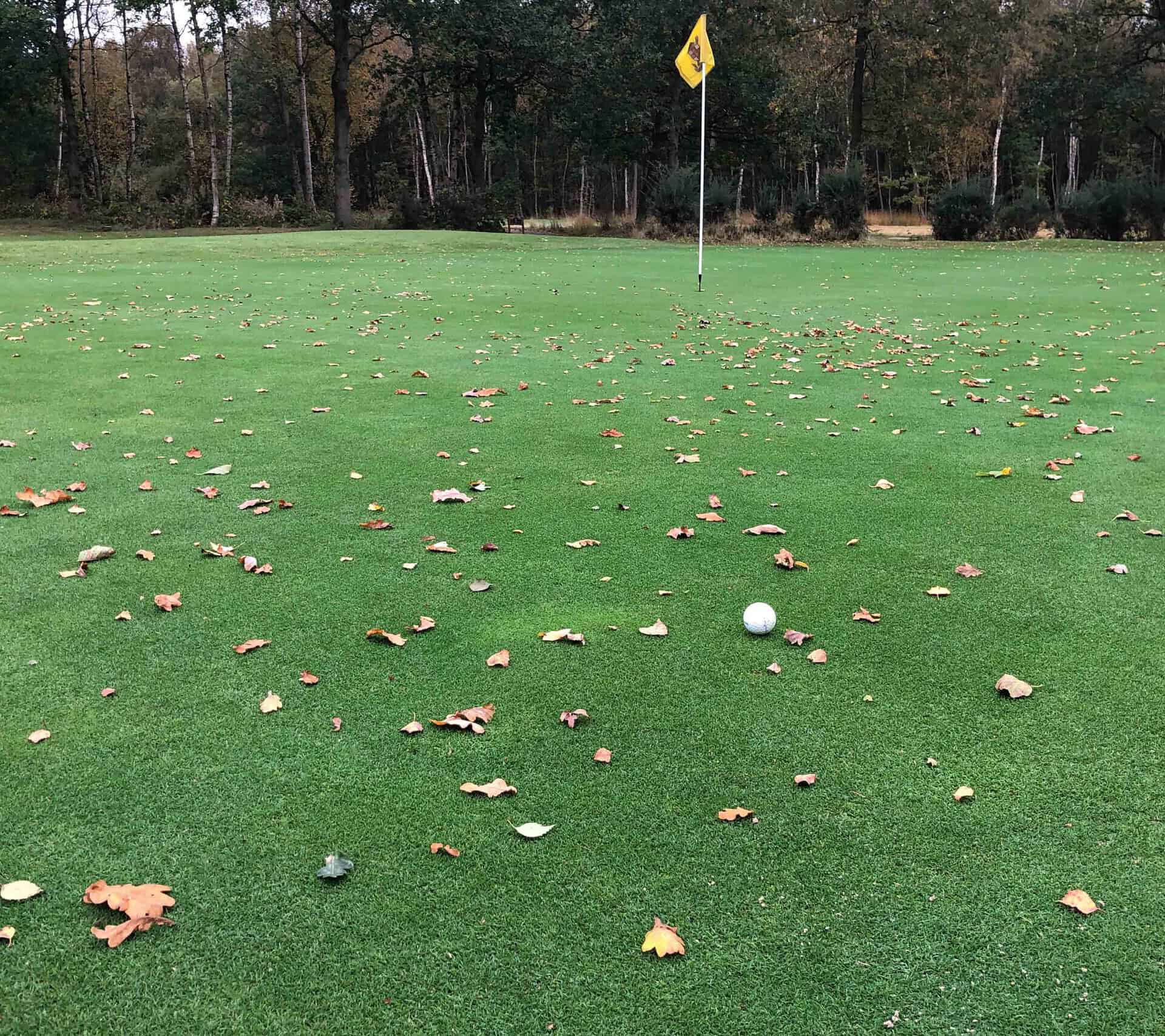
NCG’s Golf Glossary: What Is A Double Bogey?
Explore the ‘double bogey’ with NCG’s glossary – where you can learn about ferrets, gimmes, sand saves and much more!
What is a double bogey? Well, here at National Club Golfer we’re the publication for the everyday player. We’ve taken it upon ourselves to give you a step-by-step introduction to the wonderful world of the golfing lexicon.
Golf, a game of both skill and strategy, has its unique language that sometimes mystifies newcomers. Among the various terms that punctuate a golfer’s lexicon is the term “double bogey”. But what exactly does it mean, and how did one of the most famous golf terms come into being? Let’s dive into it.
Understanding the Double Bogey and its Origins
At its core, a double bogey (or ‘double’) relates the the number of strokes taken on a hole. A double is a score of two strokes over par for a particular hole. For instance, if a golfer takes five strokes to complete a hole that has a par of three, they’ve made a double bogey.
In the world of golf, where efficiency and skill are celebrated, a double is often seen as a misstep. It indicates that the player faced some challenges on that particular hole.
The word “bogey” in golf has military origins. It’s believed to have been derived from the term “bogeyman,” a phantom or ghost. In early golf, “bogey” was considered the ideal score for an amateur golfer. “Par” was the ideal for a professional.
Over time, as golf evolved and scoring systems matured, “par” became the standard we know today, and “bogey” came to signify one over par. Naturally, a “double bogey” then means two over par.
How Common is a Double Bogey?
While every golfer, whether amateur or professional, aims for birdies (one under par) or at the very least pars, double bogeys are a reality of the game. Even the best golfers can sometimes find themselves struggling on a challenging hole or having an off day. Hence, while not celebrated, they are a common part of the scorecard, especially for those still learning the game’s nuances.
If you’re struggling with your putting stroke, or a duck hook on your tee shots, and your short game isn’t at its best, then the double can keep appearing on your scorecard.
How would you use it in a sentence?
“Rory McIlroy was at the top of the leaderboard until a costly double bogey de-railed his Masters challenge.”
 Any other business?
Any other business?
In the 1987 Open Championship at Muirfield, Nick Faldo’s final round was not only free of double bogeys, but also bogeys. And birdies for that matter. The Englishman meticulously recorded 18 consecutive pars to win the first of his six major titles.
At Royal Birkdale in July 2017, Branden Grace made major history by recording an all-time low round of 62. Unsurprisingly, his round was free of bogeys (or double bogeys). He posted eight birdies and 10 pars on his way to the record books.
FAQs About Double Bogeys
How does a double bogey rank in terms of golf scores?
A double is two strokes over par. It’s one stroke worse than a bogey and one stroke better than a triple bogey.
Are they common in professional tournaments?
While professionals aim for lower scores, challenging courses, adverse weather conditions, or simple misjudgments can lead to occasional double bogeys even among the elite.
How can I avoid making a double?
Practice, course familiarity, and strategizing each shot can help reduce the chances. However, golf is unpredictable, and even with the best preparations, they can happen.
- NOW READ: What is a Sand Save?
Does the term vary by region or country?
While the concept remains the same, different regions might have colloquial terms or slang for it. However, ‘double bogey’ is widely recognized in golfing circles worldwide.
Final Thoughts
Golf, with its rich history and evolving dynamics, has given us a vocabulary that is both colorful and technical. Understanding terms like “double bogey” not only enriches one’s knowledge of the game but also deepens the appreciation for each player’s journey on the course. Remember, every double is an opportunity to learn, adapt, and come back stronger on the next hole.
How often do you find yourself writing a double or worse down on the card? Annoying isn’t it… Let us know with a post on X, formerly Twitter!










